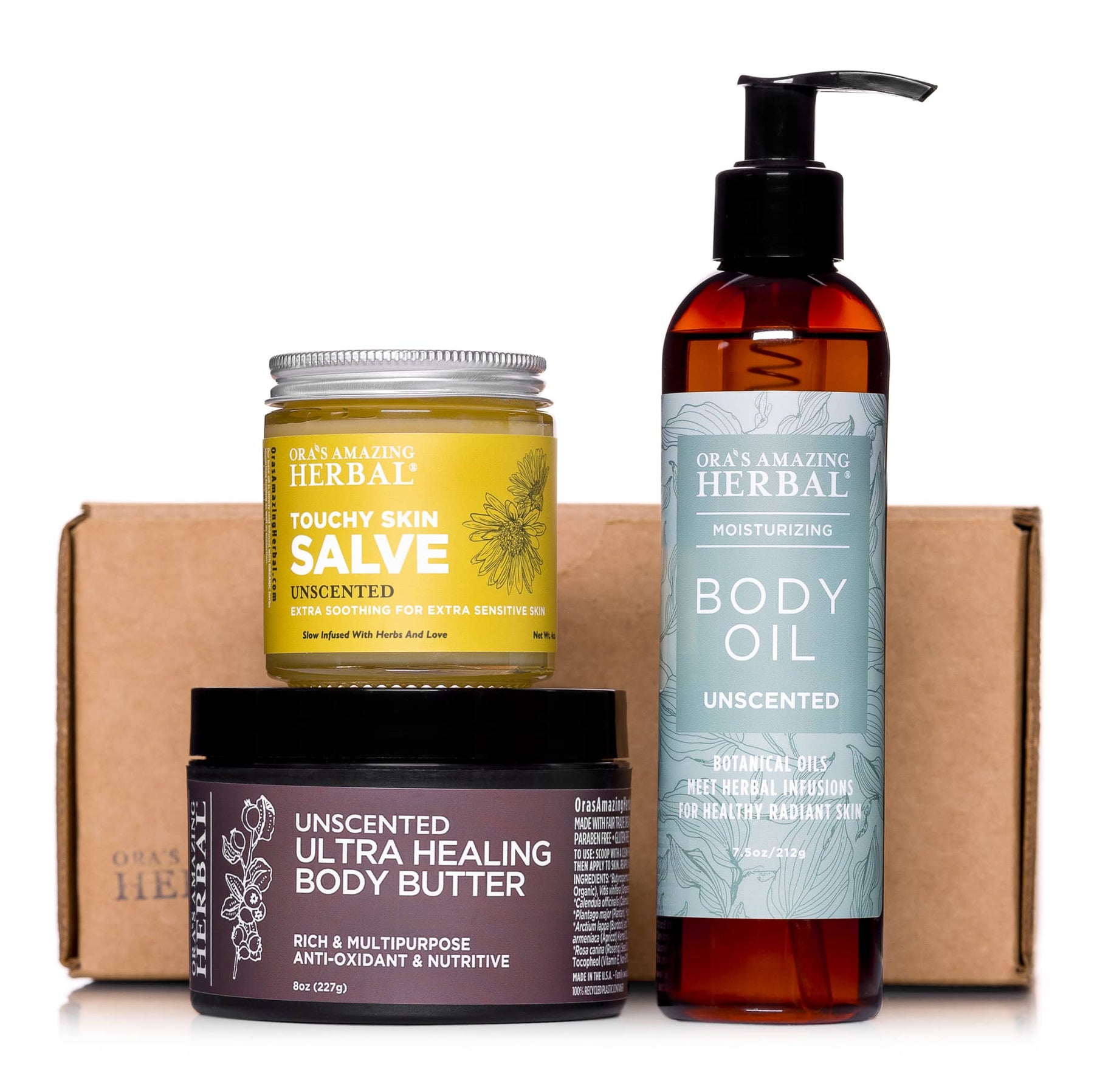Rise by Six: Your Daily Dose of Inspiration
Explore insights and stories that elevate your day.
Moisturizer Mania: Why Your Skin is Thirsty for More
Unlock the secret to hydrated skin! Discover why your moisturizer isn't enough and how to quench your skin's thirst for ultimate glow.
The Science Behind Skin Hydration: Why Moisturizers Are Essential
Understanding the science behind skin hydration is essential for achieving healthy and radiant skin. The outer layer of our skin, known as the stratum corneum, acts as a barrier that retains moisture and protects against environmental aggressors. When this barrier is compromised, it can lead to dryness, irritation, and even premature aging. Moisturizers play a crucial role in replenishing lost moisture and strengthening this barrier. They contain a variety of ingredients such as humectants, emollients, and occlusives that work together to attract water, soften the skin, and lock in moisture.
Not all moisturizers are created equal. To effectively hydrate the skin, it's important to choose a product that suits your skin type and concerns. Moisturizers with hyaluronic acid, for example, are excellent for drawing moisture into the skin, while those with ceramides can help restore the skin's natural barrier. Additionally, applying moisturizers when the skin is slightly damp can enhance their effectiveness, ensuring that hydration is sealed in. By incorporating a suitable moisturizer into your daily skincare routine, you can significantly improve your skin's moisture levels and overall health.

Top 5 Ingredients to Look for in Your Next Moisturizer
Choosing the right moisturizer is essential for maintaining healthy and hydrated skin. When shopping for your next product, it's crucial to look for key ingredients that suit your skin type and address your specific concerns. Here are the top 5 ingredients to consider:
- Hyaluronic Acid: This powerful humectant attracts moisture to the skin, making it ideal for all skin types.
- Glycerin: Known for its ability to hydrate and soften skin, glycerin helps to maintain the skin's natural moisture barrier.
- Ceramides: These lipids help to restore the skin's barrier and lock in moisture, making them great for dry or sensitive skin.
- Shea Butter: Rich in fatty acids, shea butter provides intense hydration and nourishment, ensuring your skin feels soft and supple.
- Niacinamide: Also known as Vitamin B3, niacinamide improves the skin's elasticity while visibly reducing the appearance of pores.
Is Your Skin Thirsty? Signs You're Not Moisturizing Enough
If you're wondering whether your skin is thirsty, there are several tell-tale signs to watch for. One of the first signs is dry patches or flakiness. If you find that your skin often feels rough or uncomfortable, it may be a strong indication that you're not moisturizing enough. Another common sign is persistent itchiness; when your skin lacks moisture, it can become irritated, leading to an urge to scratch. Other signs to look for include a dull complexion that lacks radiance and a feeling of tightness, especially after cleansing or exposure to harsh environmental conditions.
Additionally, if you notice an increase in fine lines and wrinkles, it could indicate that your skin is dehydrated. Aging skin is particularly vulnerable, as it tends to lose moisture more rapidly. Lastly, if your skin feels better temporarily after applying a product but reverts to dryness soon after, it likely means the product isn't sufficiently hydrating. To combat these issues, it's essential to implement a proper moisturizing routine that includes ingredients such as hyaluronic acid, glycerin, and ceramides to help lock in moisture and restore your skin's natural barrier.